As a devoted fan of dance movies and musicals, the announcement of a Dirty Dancing remake should have been music to my ears. Having even enjoyed the stage adaptation, I was primed to love a fresh take on this classic. However, what we got was, to put it mildly, a major letdown. For anyone wondering why the Dirty Dancing remake failed to capture the magic of the original, let’s dive into the key reasons, and be warned, major spoilers ahead!
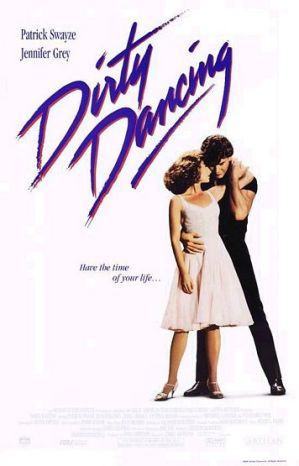 Abigail Breslin in Dirty Dancing Remake as Frances 'Baby' Houseman
Abigail Breslin in Dirty Dancing Remake as Frances 'Baby' Houseman
First and foremost, while Abigail Breslin is a talented actress, her portrayal of Baby Houseman simply didn’t resonate. In the iconic original, Jennifer Grey’s initial awkwardness on the dance floor was central to Baby’s character arc. Her journey from clumsy beginner to confident dancer, guided by Johnny, was a key element of her transformation. Grey convincingly portrayed someone learning to move, with visible improvement and growing sensuality. Conversely, Breslin never quite embodied this transformation. Her dancing felt somewhat stiff throughout, making Baby’s supposed progress less believable and the mambo scene at the Shelldrake less impactful. It lacked the genuine sense of awe and earned applause that Grey’s performance evoked.
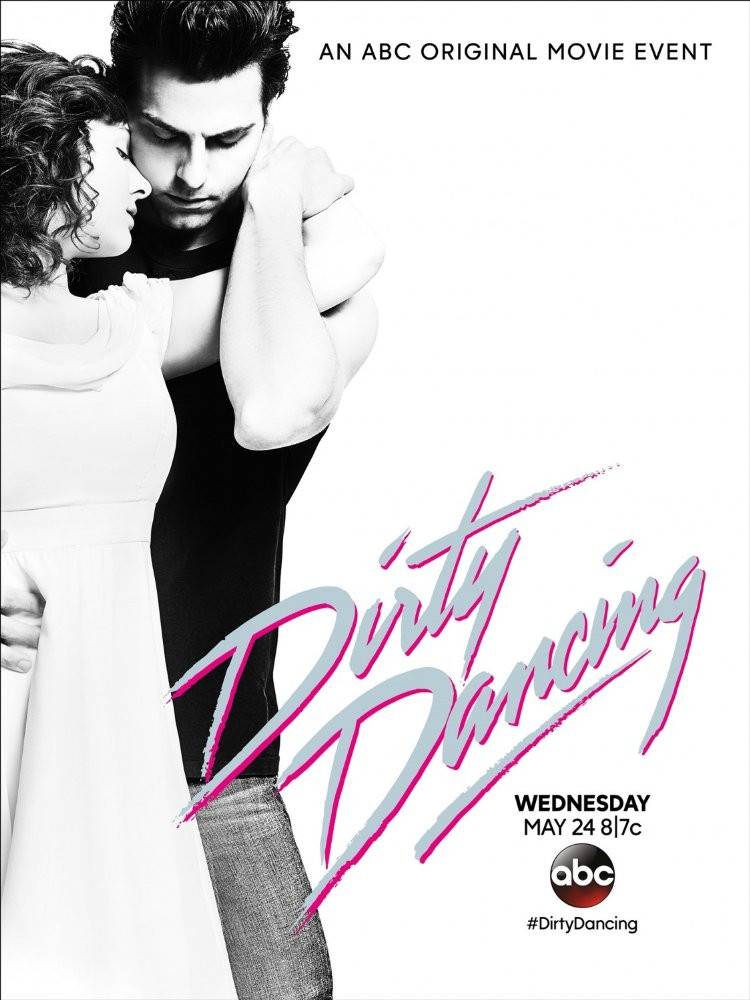 Dirty Dancing Remake scene featuring Abigail Breslin and Colt Prattes dancing
Dirty Dancing Remake scene featuring Abigail Breslin and Colt Prattes dancing
Another significant misstep was the character of Johnny Castle. In this remake, Johnny has a relationship with Vivienne Pressman while simultaneously developing feelings for Baby. This plot point, seemingly introduced to set up a storyline involving a watch, fundamentally alters Johnny’s character. The original Johnny, while a “bad boy,” possessed a strong moral compass and a clear sense of integrity, especially regarding his relationships. Having him juggle two women, and even suggest returning to Vivienne’s bed after breaking things off with Baby, undermines his integrity and the romantic ideal he represented. This change detracts from the “heart of gold” aspect that made Patrick Swayze’s Johnny so compelling. Furthermore, the iconic black pants and jeans associated with Johnny’s style were absent, a minor but noticeable detail that contributed to a less authentic feel.
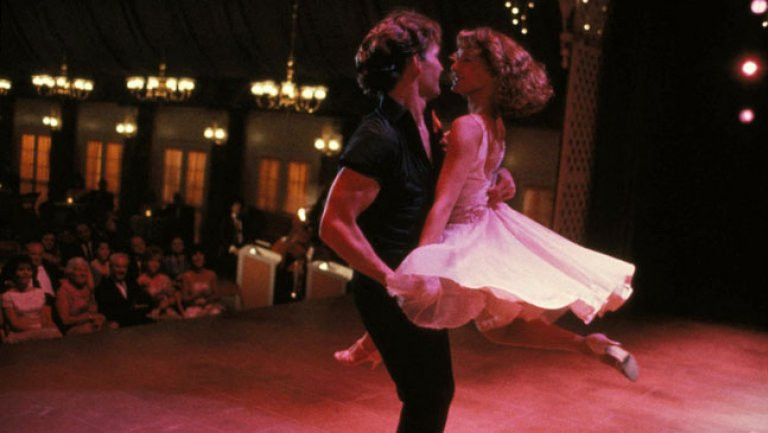 Dirty Dancing remake finale scene
Dirty Dancing remake finale scene
The musical numbers in the Dirty Dancing remake also suffered from questionable choices. While Colt Prattes, who played Johnny, singing the songs was an interesting concept for musical theatre enthusiasts, the execution fell flat. The songs were heavily rearranged, often sounding like amateurish remixes, lacking the soul and energy of the originals. The choreography also seemed simplified, possibly to accommodate the singing, but this resulted in watered-down dance sequences. A prime example is the famous “watermelon scene,” which was misquoted and lacked the sensual “dirty grinding” that made the original so memorable. Instead, it became a lackluster stroll, missing the intense chemistry and physicality of Swayze and Grey.
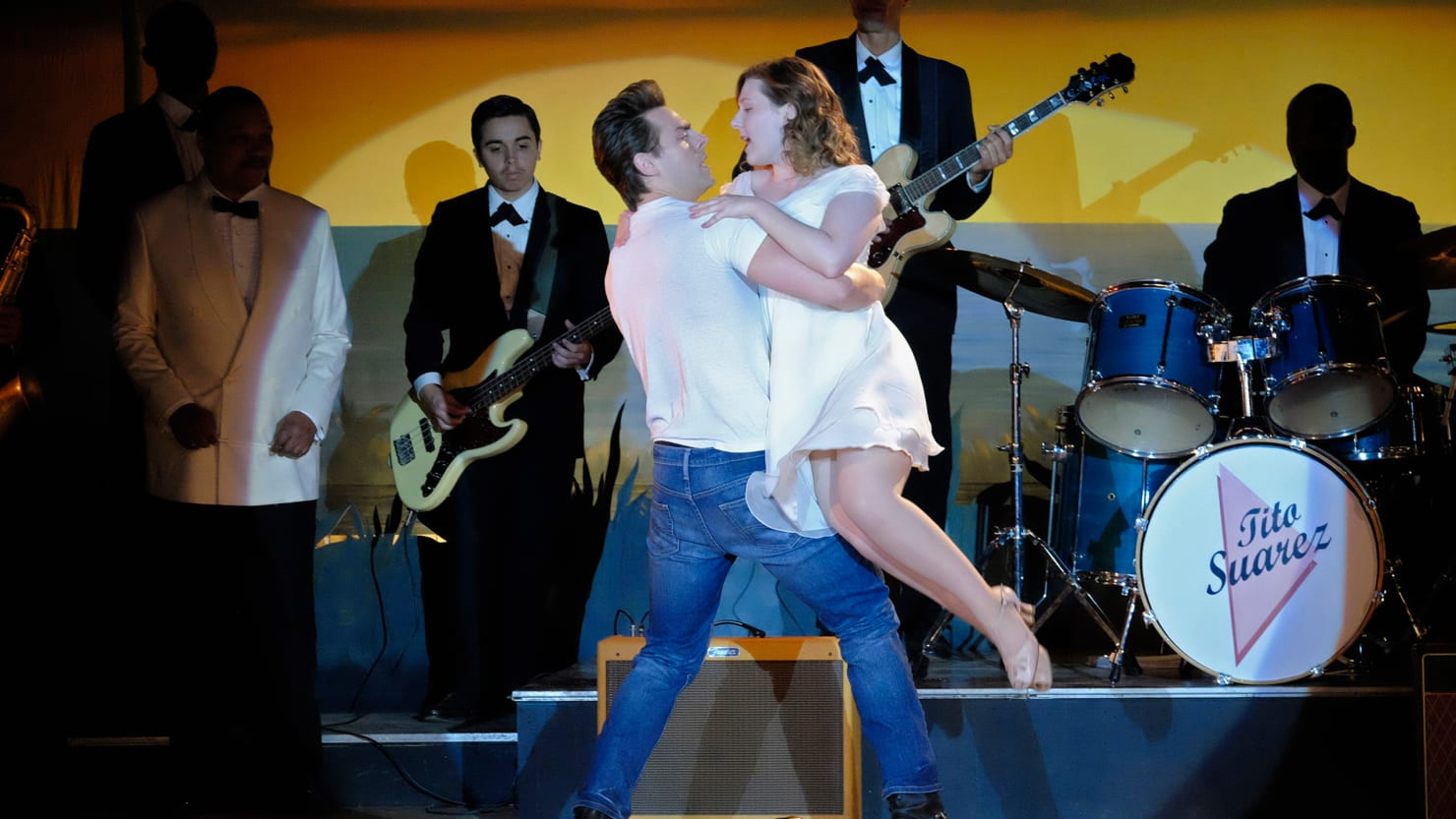 Jennifer Grey and Patrick Swayze in the original Dirty Dancing ending scene
Jennifer Grey and Patrick Swayze in the original Dirty Dancing ending scene
Vivienne Pressman’s rendition of “Fever” was another puzzling musical choice. The scene felt forced and unnecessary, serving no clear purpose to advance the plot and awkwardly highlighting Vivienne’s lack of dancing ability. It seemed like a misguided attempt to give actress Katey Sagal a more prominent role, but it ultimately felt out of place and disrupted the narrative flow. In contrast, Debra Messing’s singing scene as Marjorie Houseman was a highlight, effectively building the relationship between the Housemans and contributing to Baby’s character development. This scene demonstrated how musical moments could enhance the story, unlike Vivienne’s distracting performance.
Finally, the ending of the Dirty Dancing remake deviated significantly and unsatisfactorily from the original. While giving Baby a career as a writer was a positive change, emphasizing her agency and choices beyond societal expectations, the decision to reunite Baby and Johnny in a way that keeps them apart was perplexing. Instead of the hopeful, romantic reunion everyone anticipated, Baby is presented as married, flaunting her husband in front of Johnny. Johnny, now a Broadway choreographer, is left longing, creating a sense of unfulfilled potential and sadness rather than the joyous resolution of the original. The iconic line “Nobody puts Baby in a corner” and the triumphant dance to “(I’ve Had) The Time of My Life” were replaced with a muted, melancholic encounter. The remake’s ending felt more like a Lifetime movie drama than the uplifting, feel-good conclusion fans expected and deserved.
 Nicole Scherzinger as Penny Rivera in Dirty Dancing Remake
Nicole Scherzinger as Penny Rivera in Dirty Dancing Remake
However, not all aspects of the remake were failures. Nicole Scherzinger’s portrayal of Penny Rivera was a standout performance. She captured Penny’s strength, vulnerability, and dancing prowess effectively. The expansion of the Houseman family’s storyline, giving them more depth and relatable adult problems, was also a welcome addition. Similarly, Sarah Hyland’s Lisa Houseman showed growth beyond the stereotypical shallow sister, and the inclusion of her son added a touch of heartwarming cheesiness that, in this instance, worked.
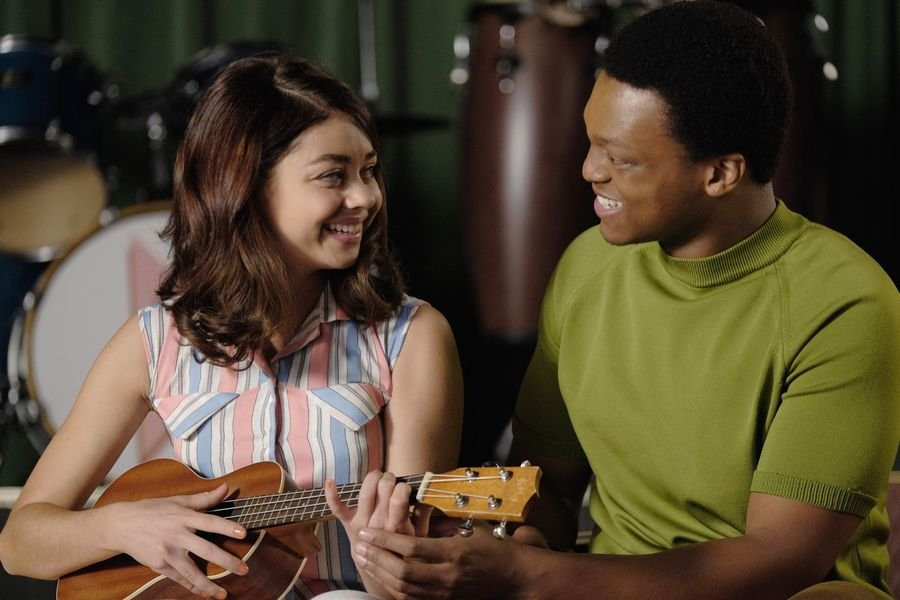 Sarah Hyland as Lisa Houseman in Dirty Dancing Remake
Sarah Hyland as Lisa Houseman in Dirty Dancing Remake
In conclusion, while the Dirty Dancing remake had a few redeeming qualities, it ultimately failed to capture the essence and magic of the original. Poor casting choices for Baby, a mischaracterization of Johnny, weak musical arrangements, and a disappointing ending all contributed to its downfall. It serves as a reminder that remaking beloved classics is a risky endeavor, especially when the remake fails to understand what made the original so special in the first place. Perhaps Hollywood should focus on nurturing new talent and original stories instead of attempting to recapture lightning in a bottle.

